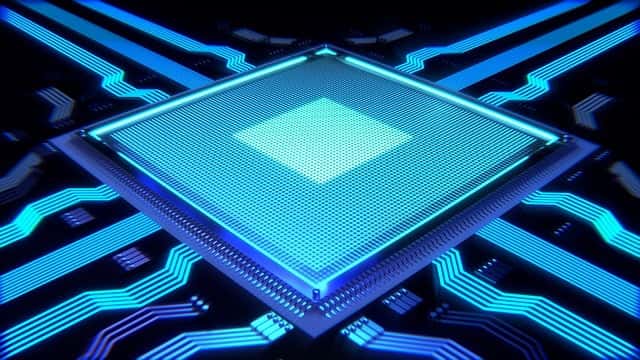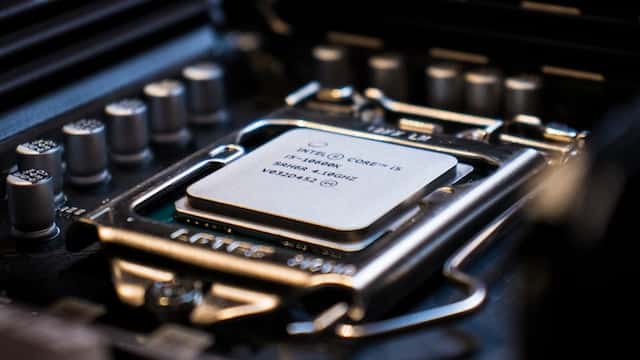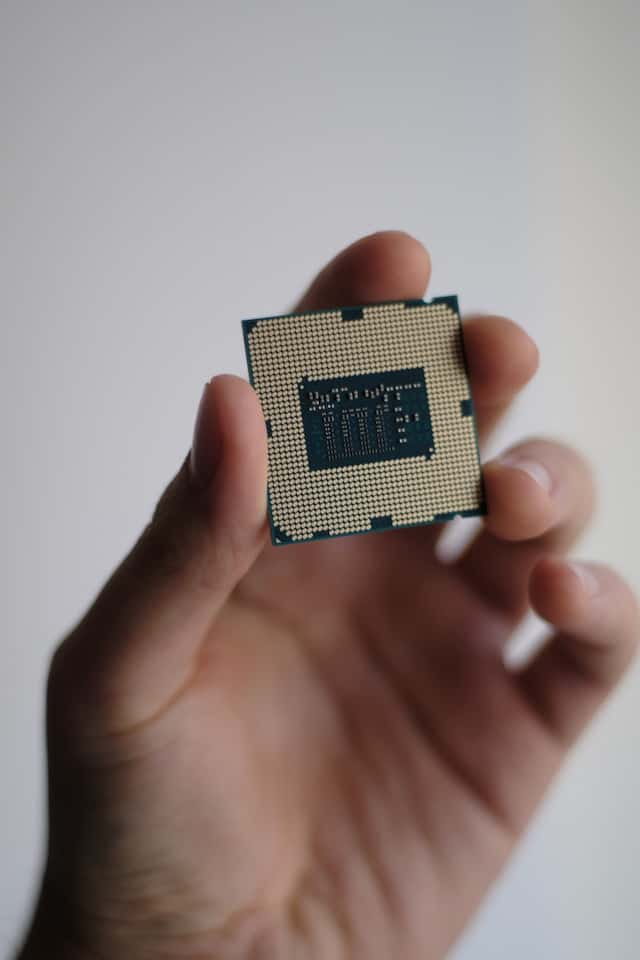Overclocking has gained popularity among computer enthusiasts and gamers seeking optimal performance from their machines. However, it is essential to understand the concept of overclocking, its benefits, and risks before considering its application. In this article, we will provide a professional overview of overclocking in computer terms, its advantages, disadvantages, and potential impacts on CPU lifespan. One of the most significant concerns of overclocking is the potential reduction in CPU lifespan. We will provide a detailed analysis of this topic, separating facts from myths.
In addition, we will delve into the advantages of overclocking in terms of performance, such as enhanced processing power and quicker loading times. It is equally essential to acknowledge the limitations of overclocking, including its potential to reduce the lifespan of a CPU. Moreover, we will address common inquiries regarding whether a high-end CPU is necessary for overclocking and whether it voids the CPU’s warranty.
What Is Overclocking In Computer Terms?
Overclocking is a commonly used term in computer science which denotes the procedure of increasing the clock rate of a computer component, such as a processor or graphics card, beyond its default settings. The objective is to improve its performance and accelerate its operations. Nevertheless, overclocking entails potential risks, as it can lead to component damage if not executed properly or if the component is not engineered to withstand the increased clock rate.
Overclocking is a practice commonly used by computer enthusiasts to elevate their hardware’s performance beyond its usual limits. It necessitates the use of specialized software and hardware, as well as a thorough understanding of the associated risks. Overclocking can prove advantageous for specific duties, such as playing games or editing videos, wherein a swifter processor or graphics card can make a vast difference in performance.
What Are The Benefits Of Overclocking Your CPU?
Overclocking your CPU can offer significant enhancements to your computer’s performance, optimizing its speed and improving multitasking abilities. This feature is beneficial, especially for tasks that demand a considerable amount of processing power, such as video editing and gaming.

Furthermore, the process of overclocking can assist in reduce the bottleneck that may transpire if your CPU fails to keep pace with other components in your computer, such as your graphics card. By increasing the speed of your CPU, you can guarantee that all of your components are harmoniously operating to deliver optimal performance.
Does Overclocking Reduce CPU Lifespan?
The answer to this inquiry is not black and white. It is important to note that overclocking has the potential to diminish the longevity of a CPU as a result of the escalated heat and voltage pressure it generates. The more intense the overclocking process, the more strain is placed on the CPU, which can ultimately lead to a decreased lifespan.

However, this does not mean that overclocking will always reduce the lifespan of your CPU. It all depends on how much you overclock and how well you manage the heat and voltage. It’s important to exercise caution and implement effective cooling methods to prevent damage to your CPU. Overclocking your CPU without proper heat management or pushing it beyond its limits can significantly decrease its lifespan.
How Much Can Overclocking Decrease The Lifespan Of a CPU?
The longevity of a CPU can be impacted by overclocking, which is influenced by several factors such as the extent of the overclocking, CPU quality, and the cooling system utilized. Minor increases in clock speed may not pose a significant risk to the CPU’s lifespan. However, exceeding the recommended limits for overclocking can lead to permanent damage to the CPU.
In addition, the longevity of a CPU is significantly influenced by its quality. A superior-grade CPU that is engineered to withstand elevated temperatures and voltage may have a longer lifespan compared to an inferior-grade CPU. Hence, it is imperative to ensure that the CPU is not overclocked beyond its capacity and that appropriate cooling systems are implemented to uphold safe operating temperatures.
Is It Necessary To Have a High-End CPU For Overclocking?
When considering the practice of overclocking, the inquiry of whether or not a high-end CPU is a requisite frequently arises. In response, it can be said that a high-end CPU is not mandatory for overclocking. In fact, many mid-range processors can potentially achieve admirable overclocks with appropriate cooling and settings.

Nevertheless, possessing a high-end CPU can simplify and stabilize the process of overclocking. High-end CPUs generally contain superior-quality silicon and more resilient cooling solutions that can manage the increase heat produced by overclocking.
Can Overclocking Void Your CPU Warranty?
Yes, overclocking can potentially void your CPU warranty. Most CPU manufacturers do not provide warranty coverage for any damage caused by overclocking, as it involves pushing the CPU beyond its recommended specifications and can lead to overheating or other issues. It is important to check the warranty terms and conditions before attempting to overclock your CPU.





